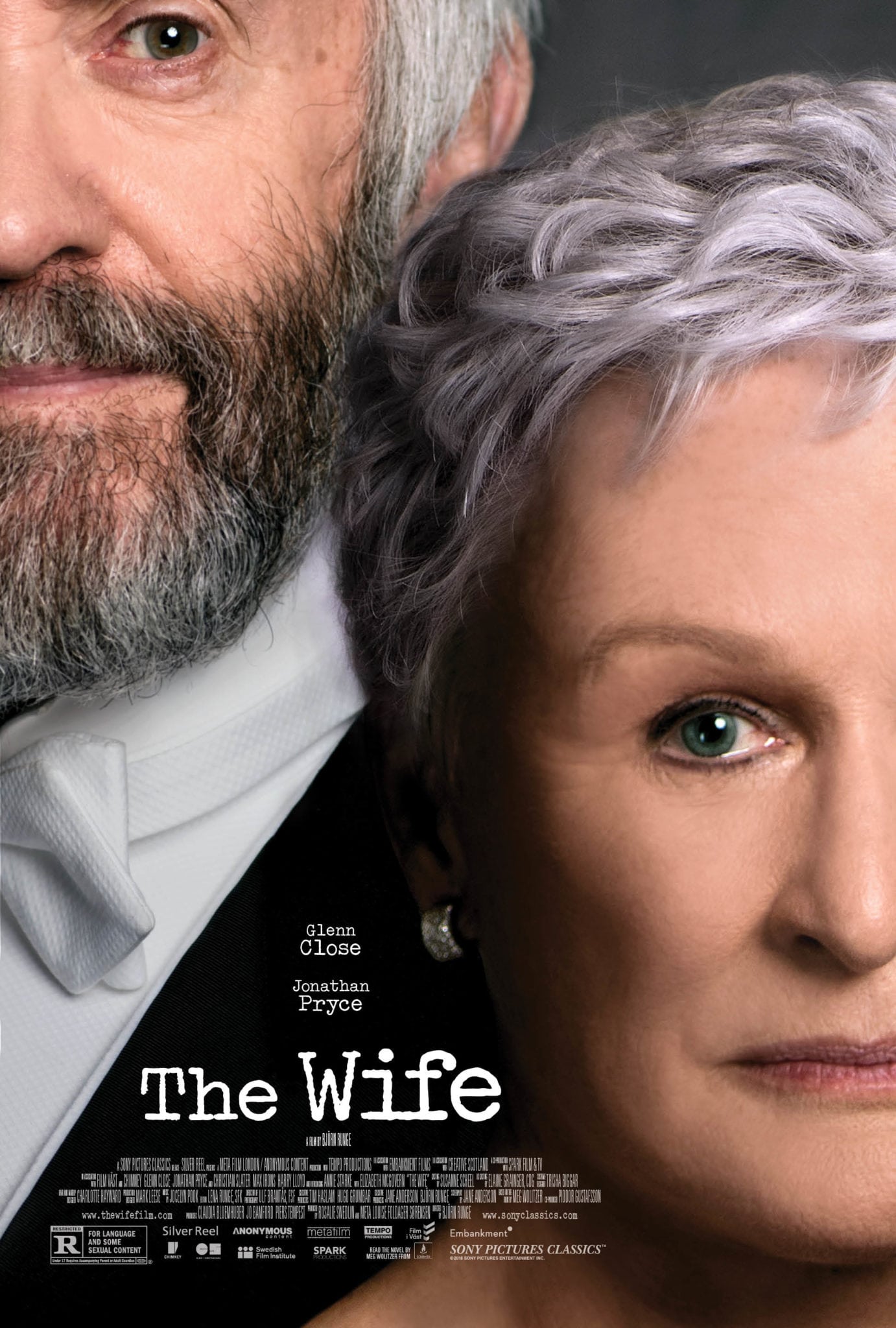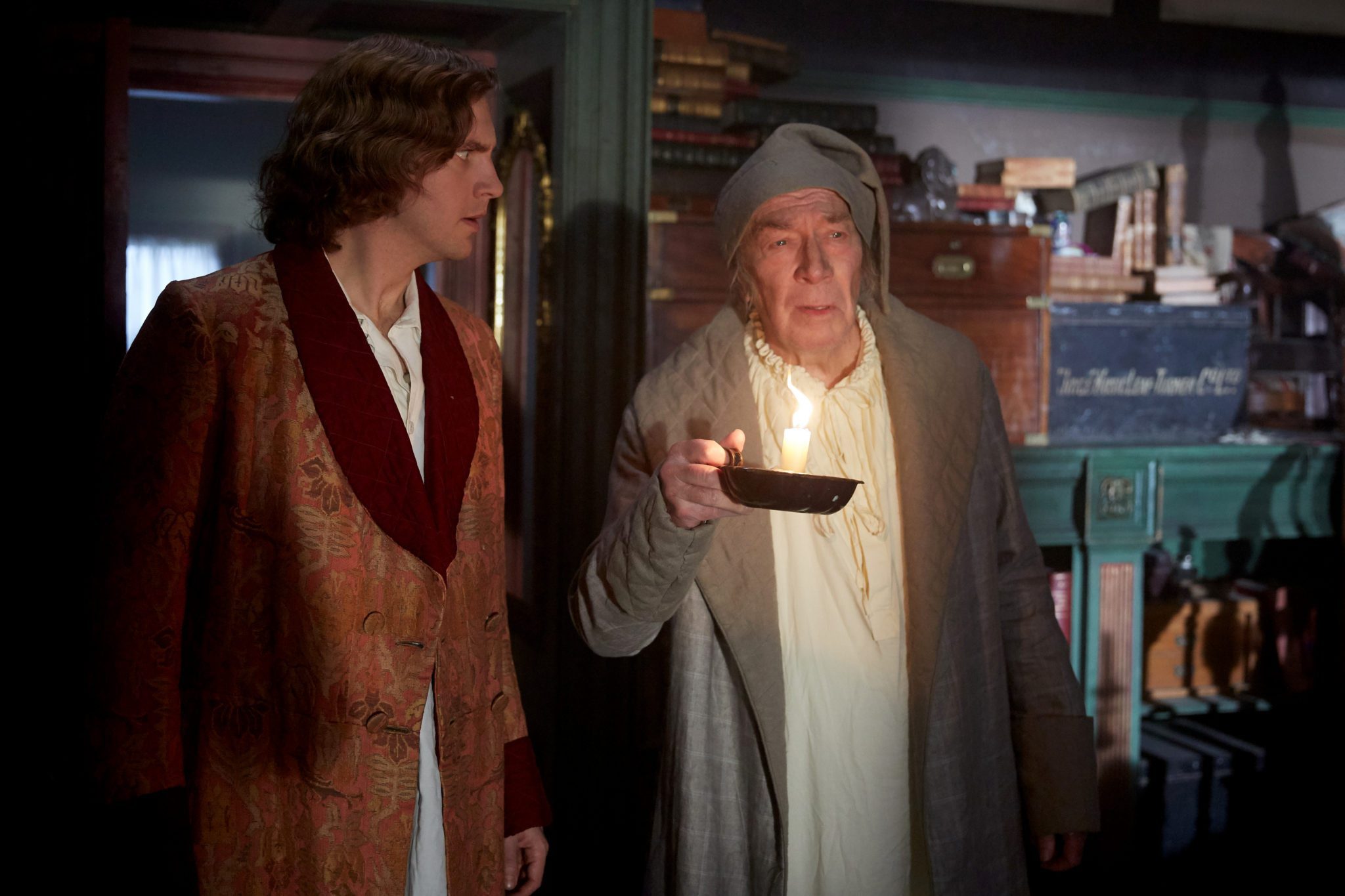
The Wife – Support, Loyalty, and Resentment
This may be the perfect time for The Wife to find its way to the screen. It seems almost tailor made for the Time?s Up movement. . . . This film truly speaks to that issue in a clear and loud voice.

This may be the perfect time for The Wife to find its way to the screen. It seems almost tailor made for the Time?s Up movement. . . . This film truly speaks to that issue in a clear and loud voice.

Dickens?s A Christmas Carol is a well-loved story that has had various screen and stage versions and has become as much a part of Christmas as a cr?che. The Man Who Invented Christmas is the story behind the story. It is a combination of a look at Dickens, his creative process, and enough of the…